Chinese media hail Iran, China for standing up to US, Western hegemony
Reflecting on Iranian President Ebrahim Raeisi's ongoing momentous visit to China, the Chinese media have underscored the importance of the visit to the countries' successful efforts to stand up to the US, and Western hegemony.
Raeisi arrived in China on Tuesday on a three-day visit to the country, the first to be made by an Iranian president in two decades.
Chinese media outlets have been abuzz with special coverage and relevant content since the immediate run-up to the visit, underlining the weight of the visit with respect to bilateral, regional, and international dynamics.
United against 'US interference, sabotage'
China's English-language daily Global Times noted how the bilateral cooperation between the countries had thrived on their common efforts at "overcoming interference and sabotage by the US side."
It said the Sino-Iranian relations were characterized by "win-win cooperation...outside the US-West bloc and its influence circle...which cannot be blocked by the political forces of the US and the West."
"As two ancient civilizations in Asia, China and Iran are now important industrialized powers and energy producers respectively. The two countries are highly complementary economically, and both have a strong desire for development. The development needs of the two countries are highly compatible in many fields. For many years, China has been Iran's largest trading partner; Iran is one of the most important markets for China's overseas project contracting, and exports of complete sets of equipment and technology," the paper wrote.
"The development of China-Iran relations has a strong endogenous driving force. It can be said that President Raisi's visit to China is very natural," it added.
"In this sense, China's deepening cooperation with Iran also has anti-hegemony and anti-bullying feature," the publican wrote. "Both China and Iran uphold independent foreign policies, firmly defend the principle of non-interference in internal affairs on international occasions, and safeguard the common interests of developing countries. This is conducive to promoting the multi-polarization and diversified development of the world, and conforms to the general trend of the times."
China's 'unswerving' resolve to develop Iran relations; ties' 'strategic' backbone
Confirming the ties' immunity to third-party pressure, China Daily noted how Raeisi's counterpart Xi Jinping had vowed in remarks to him that China would "unswervingly" develop friendly cooperation with Iran no matter how the international and regional situations evolve.
The newspaper expressed confidently that the Iranian president's visit was destined to "enhance ties" between the countries, and called the trip "a sign of the reinforced high-level contact between Beijing and Teheran."
China's Xinhua news agency, meanwhile, underlined how Xi had asserted in other remarks to Raeisi that China had always viewed and developed its relations with the Islamic Republic from a "strategic perspective."
Iran, China facing similar challenges
South China Morning Post mentioned that the visit had come at a time, when "both China and Iran are struggling with challenges at home and abroad."
It noted how both nations were facing Western pressure, in terms of sanctions. The paper also reminded us that Beijing's relations with Washington had reached their lowest ebb over the past decades across several areas, from trade to advanced technology to the military.
Raeisi, who has said he would sign as many as 20 deals with China during his visit, could urge China -- Iran's biggest trading partner -- to "use more yuan" in trade settlements and investment with the Islamic Republic as means of circumventing the American coercive measures, the paper concluded.
Chinese broadcaster CGTN hailed that the Sino-Iranian ties had weathered "various international vicissitudes," calling the two "sincere strategic partners." Xi would urge the nations to cooperate to "practice true multilateralism," it added.
The presidents, the network said, vowed to implement the Iran-China 25-year comprehensive strategic partnership agreement.
The two sides jointly announced the launch of the implementation of the plan last March, agreeing to step up cooperation on energy, infrastructure, production capacity, science and technology, and medical and healthcare.
Making an apparent oblique reference to the US and its allies, the broadcaster said "perhaps some are less than happy due to the fact that we have reached this agreement."
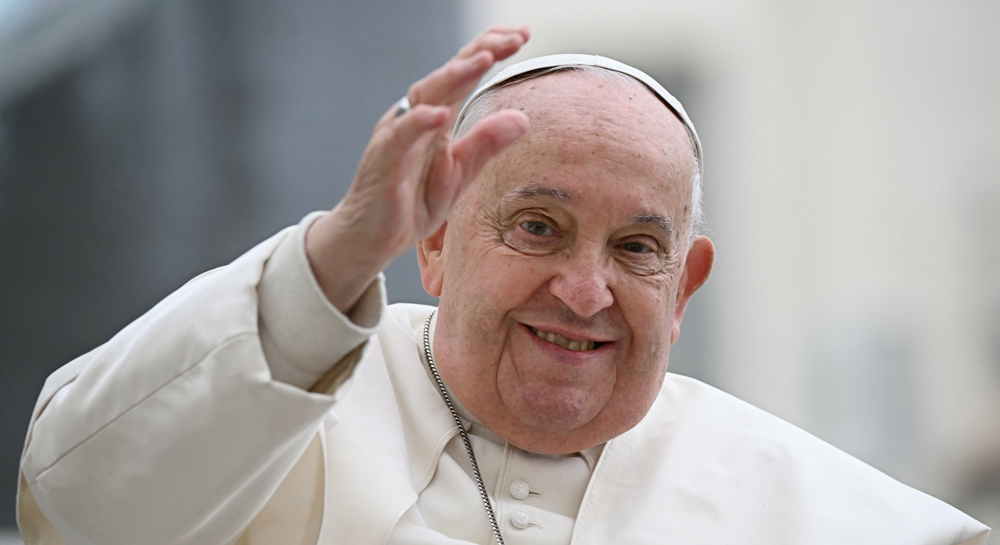
Iranian president wishes health, speedy recovery for Pope Francis
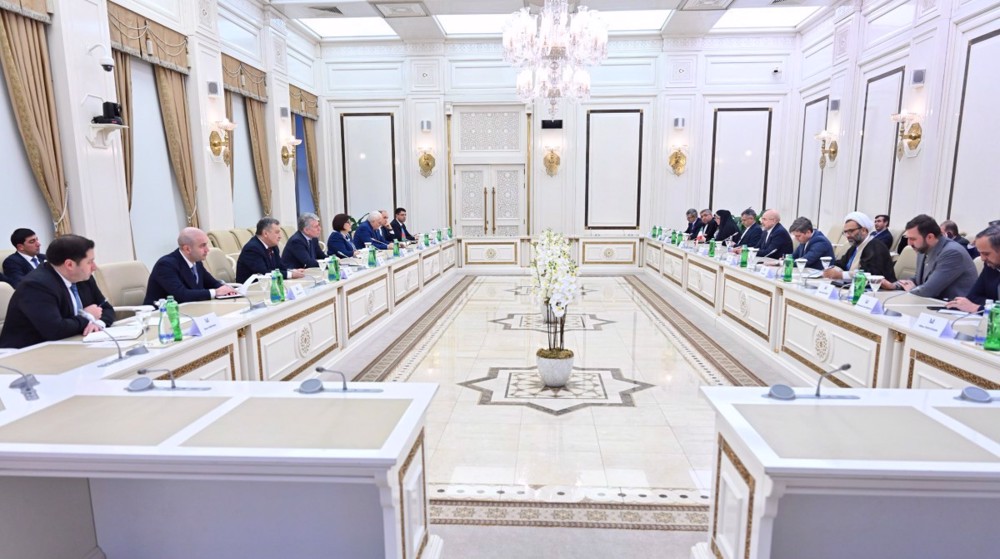
Iran, Azerbaijan stress opposition to foreign forces in South Caucasus
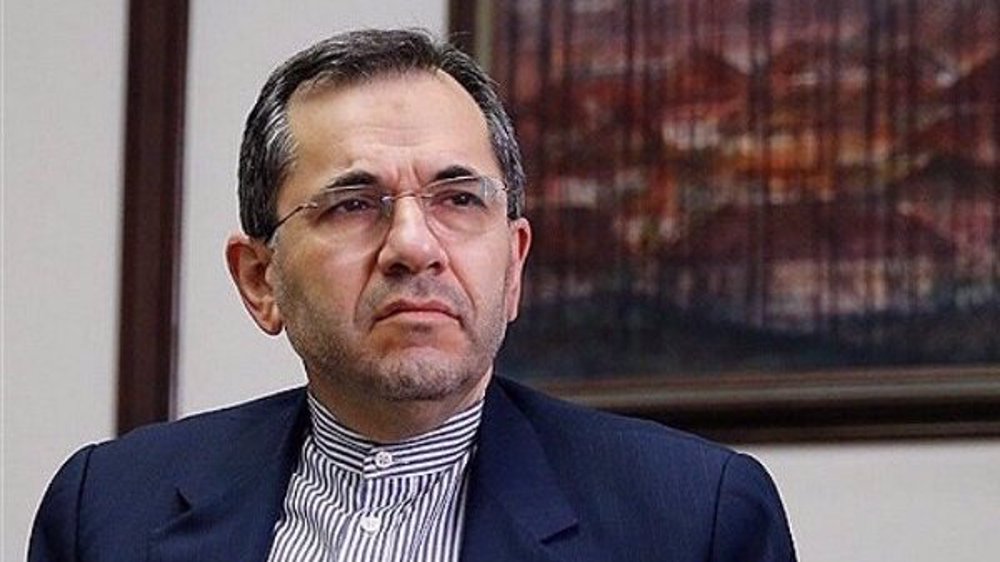
Senior diplomat: US, Israel are aware of Iran's real power
Official: Iran mastering construction of nuclear power plants
‘Doctors Against Genocide’ demands US Senate stop Trump
Fearing Hezbollah, Israelis refuse to return to northern settelments
Malcolm X, civil rights icon who challenged Zionism and advocated for Palestine
Exclusive: IRGC chief says Iran ready to confront any attacks
New resistance emerging from Syria’s occupation: Iran security chief
Arab leaders meet to counter Trump’s Gaza depopulation plan
VIDEO | Yemeni villagers struggle to save their farmlands amid US-Saudi blockade


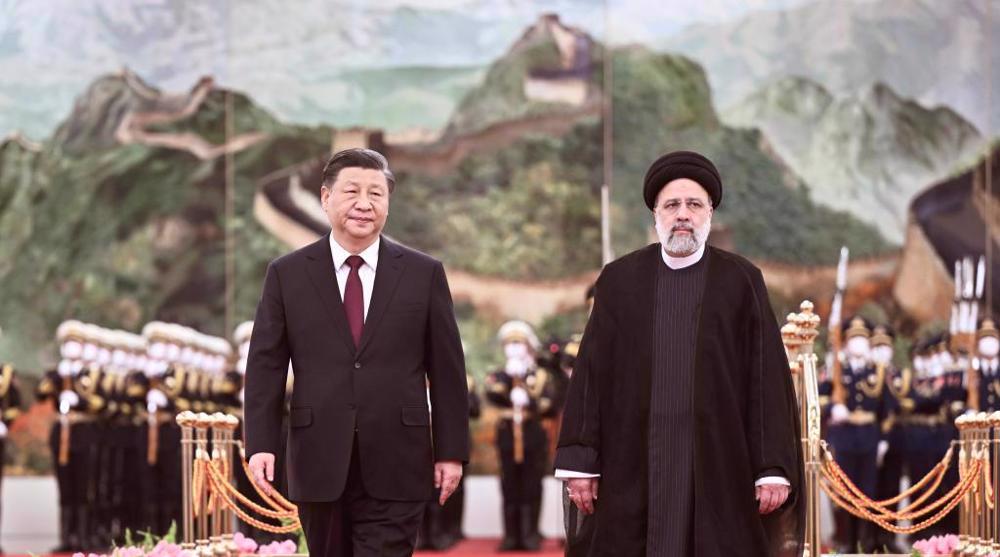
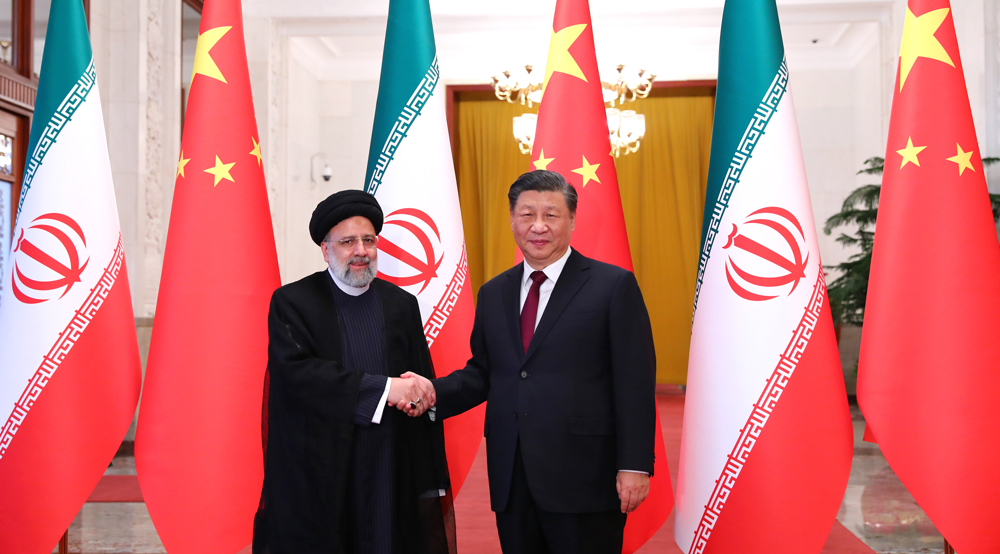
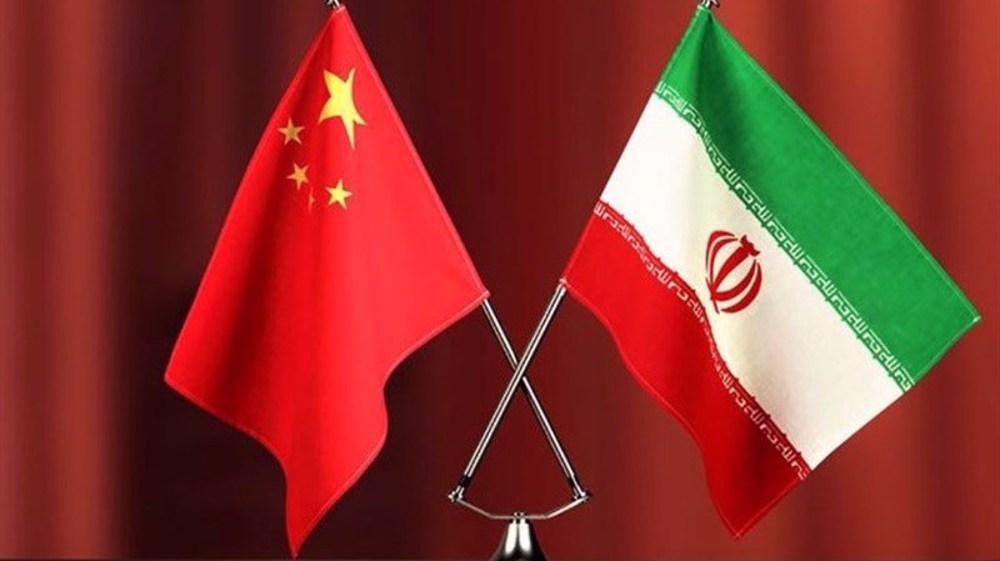



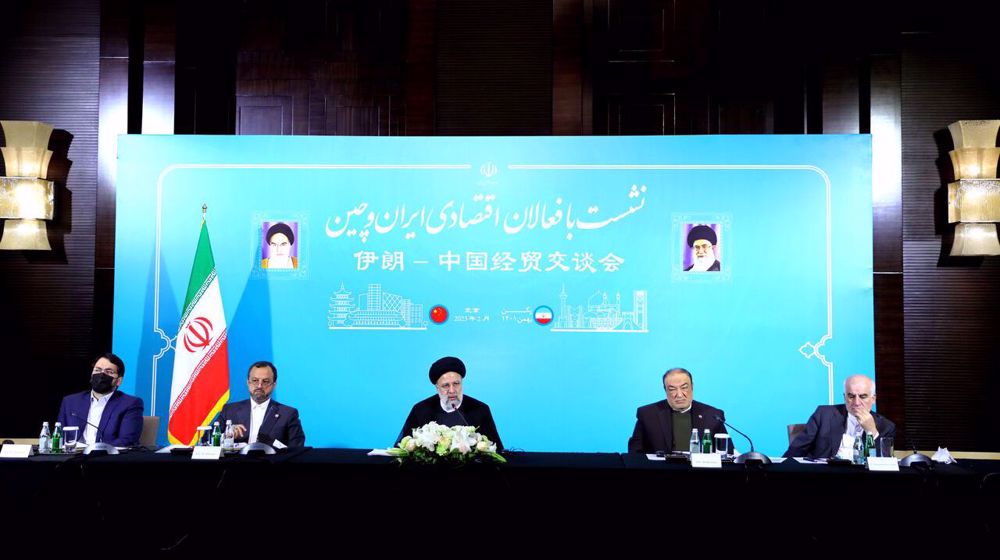
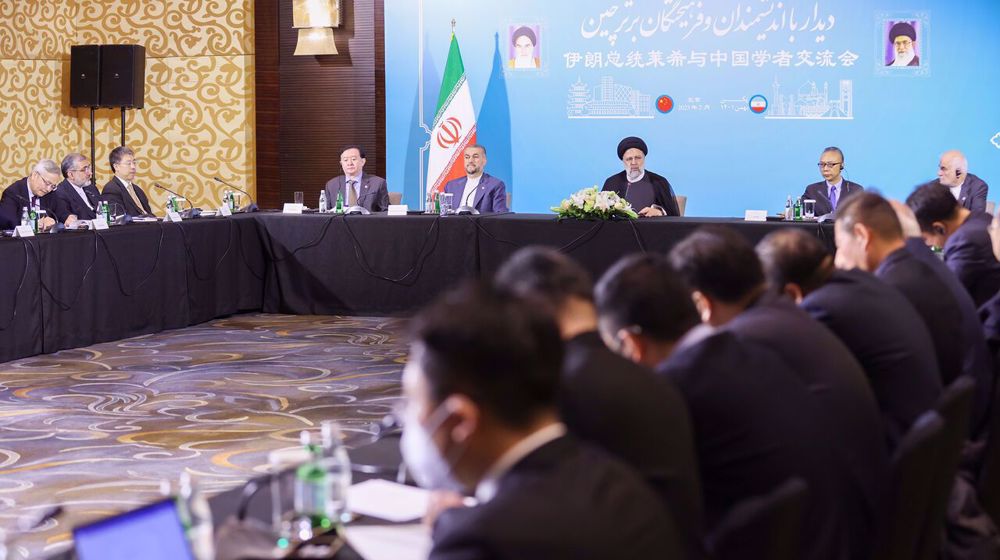
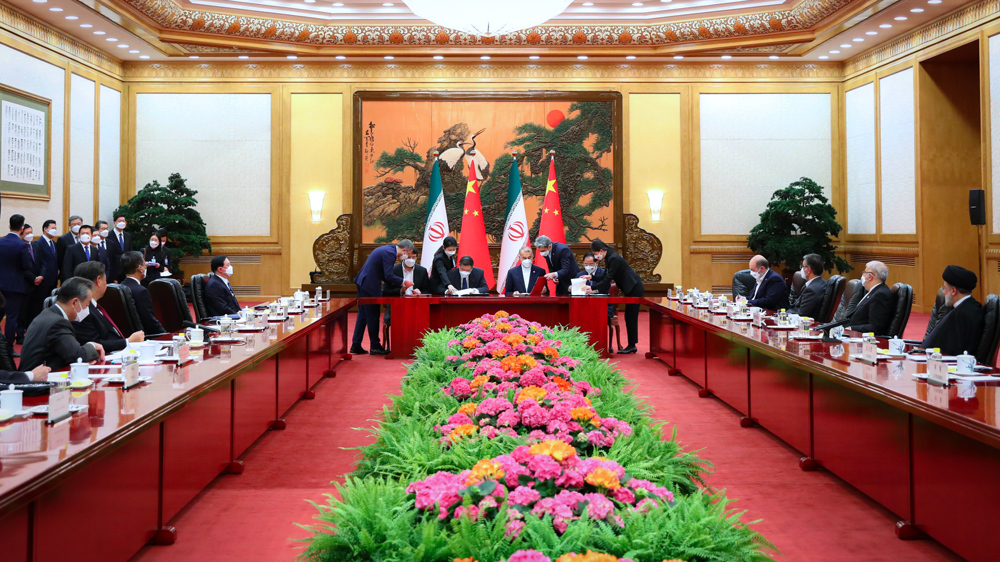

 This makes it easy to access the Press TV website
This makes it easy to access the Press TV website